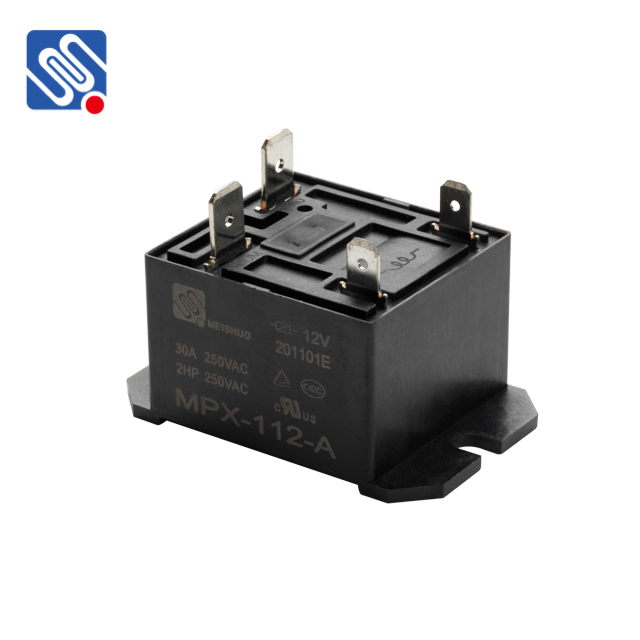relay industry standards: ensuring safety and reliability in electrical systems
Release time:2025-11-18 02:04:34
Relay industry standards play a critical role in ensuring the performance, safety, and reliability of electrical systems in a wide range of applications. From industrial automation to residential electrical devices, relays act as essential components that control and protect electrical circuits. These standards, set by international organizations and regulatory bodies, define the technical specifications, testing methods, and performance criteria for relays. Adhering to these standards ensures that relays function correctly and meet safety requirements, providing reliability and preventing potential hazards.

The Importance of Relay Industry Standards Relays are used in various applications, including control systems, automation, protection devices, and signal transmission. As these components are responsible for controlling the flow of electrical current and providing protection against overloads, short circuits, and other faults, it is vital that their design and performance meet stringent standards. Relay industry standards ensure that relays are capable of functioning properly under different electrical and environmental conditions. These standards help manufacturers create products that are safe, durable, and efficient, while also complying with national and international safety regulations.

